In response for the murder of prominent Kremlin opponent Alexei Navalny last week in an Arctic prison colony, the United States and the European Union imposed hundreds of additional sanctions on Russia on Friday, marking the second anniversary of its invasion of Ukraine.
About 600 fresh sanctions were imposed by the US government on Russia and its military apparatus, making this the greatest wave of sanctions since Russia invaded Ukraine on February 24, 2022.
In response to claims that certain international businesses had sent Russia dual-use items that it may deploy in its conflict with Ukraine, the EU, for its part, imposed further restrictions on those firms.
Numerous Russian officials, including members of the court, local politicians, and those it said were "responsible for the illegal deportation and military re-education of Ukrainian children," were also targeted by the 27-nation bloc.
In reaction to Russian President Vladimir Putin's "brutal war of conquest" and Navalny's passing, President Joe Biden said that sanctions will be imposed. He also stated that "we in the United States are going to continue to ensure that Putin pays a price for his aggression abroad and repression at home."
Although earlier penalties have made it more expensive for Russia to fight in Ukraine, they don't seem to have had much of an impact on Putin's behavior, and it's not obvious how much the most recent round of sanctions will change that.
The State Department specifically targeted three Russian officials in response to Navalny's passing, including the deputy director of Russia's Federal Penitentiary Service, who was elevated to the rank of colonel general by Putin on Monday, three days after Navalny's passing.
The officials' travel to and access to U.S.-owned property are prohibited under the penalties. However, considering that the officials are unlikely to visit the West or have property or relatives there, they seem to be mostly symbolic.
John Kirby, the White House's national security spokesperson, stated that "today this just a start" and that people should "expect more" action in the wake of Navalny's passing.
Republicans in the House are preventing billions of dollars in more help from the Biden administration to reach Ukraine. With former President Donald Trump expressing doubts about NATO's benefits and threatening to "encourage" Russia to "do whatever the hell they want" to nations he believes are not doing their share in the alliance, the war is becoming entangled in U.S. election-year politics.
On Friday, Biden urged Congress to approve help for Ukraine, which has been stagnant since House Speaker Mike Johnson stopped Senate votes on bills approving funding for Ukraine and other nations.
Biden declared, "For the first time in many months, Russia is taking territory in Ukraine."
However, the speaker granted the house a two-week vacation here in America. They must return and complete their task, since failing to assist Ukraine during this crucial time will go down in history as a failure.
Later on Friday, Biden discussed the necessity to help Ukraine and the recent actions of Russia with French President Emmanuel Macron. They also talked about events in the Middle East, according to a White House readout.
Many of the new U.S. sanctions, which were unveiled on Friday, are aimed at financial institutions like the state-owned operator of Russia's Mir National Payment System as well as Russian companies that support the Kremlin's war effort. These companies include importers of machine tools, drones, and industrial chemicals.
The U.S. also will impose visa restrictions on Russian authorities it says are involved in the kidnapping and confinement of Ukrainian children. In addition, 26 third-country people and firms from across China, Serbia, the United Arab Emirates, and Liechtenstein are listed for sanctions, for assisting Russia in evading existing financial penalties.
The Russian foreign ministry called the EU sanctions “illegal” and said they undermine “the international legal prerogatives of the UN Security Council.” In response, the ministry is banning some EU citizens from entering the country because they have provided military assistance to Ukraine. It did not immediately address the U.S. sanctions.
Overall, since the start of the war, the U.S. Treasury and State departments have targeted more than 4,000 officials, oligarchs, firms, banks and others under Russia-related sanctions authorities. The EU asset freezes and travel bans constitute its 13th package of measures imposed by the bloc against people and organizations it suspects of undermining the sovereignty and territorial integrity of Ukraine.
“Today, we are further tightening the restrictive measures against Russia’s military and defense sector,” EU foreign policy chief Josep Borrell said. “We remain united in our determination to dent Russia’s war machine and help Ukraine win its legitimate fight for self-defense.”
In all, 106 more officials and 88 “entities” — often companies, banks, government agencies or other organizations — have been added to the bloc’s sanctions list, bringing the tally of those targeted to more than 2,000 people and entities, including Putin and his associates.
Companies making electronic components, which the EU believes could have military as well as civilian uses, were among 27 entities accused of “directly supporting Russia’s military and industrial complex in its war of aggression against Ukraine,” a statement said.
Those companies — some of them based in India, Sri Lanka, China, Serbia, Kazakhstan, Thailand and Turkey — face tougher export restrictions.
Some of the measures are aimed at depriving Russia of parts for pilotless drones, which are seen by military experts as key to the war.
A $60 per barrel price cap has also been imposed on Russian oil by Group of Seven allies, intended to reduce Russia’s revenues from fossil fuels.
Critics of the sanctions, price cap and other measures meant to stop Russia’s invasion say they are not working fast enough.
Maria Snegovaya, a senior fellow at the Center for Strategic and International Studies, said that primarily sanctioning Russia’s defense industry and failing to cut meaningfully into Russia’s energy revenues will not be enough to halt the war.
“One way or another, they will have to eventually address Russia’s oil revenues and have to consider an oil embargo,” Snegovaya said. “The oil price cap has effectively stopped working.”
When introducing the new sanctions, Treasury Deputy Secretary Wally Adeyemo informed reporters that the United States and its partners would not be lowering the price ceiling but would instead be "taking actions that will increase the cost" of Russia's oil output.
According to a Treasury Department research, the Kremlin oil tax collection was almost 40% less in the first nine months of 2023 as a result of the present restriction, proving its effectiveness.
"Sanctions alone are not enough to carry Ukraine to victory," Adeyemo continued.
"We owe the people of Ukraine, who have persevered for so long, the resources and support they so desperately need to defend their country and permanently disprove Putin."
End//voice7news.tv



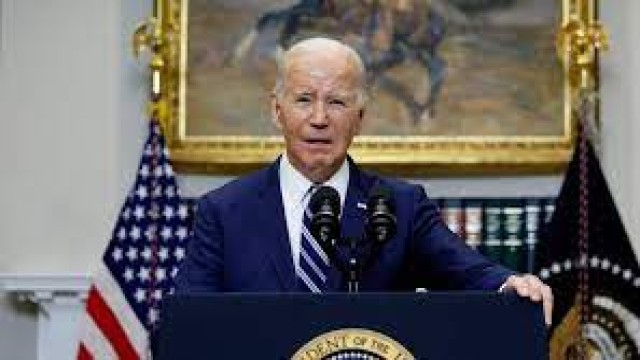
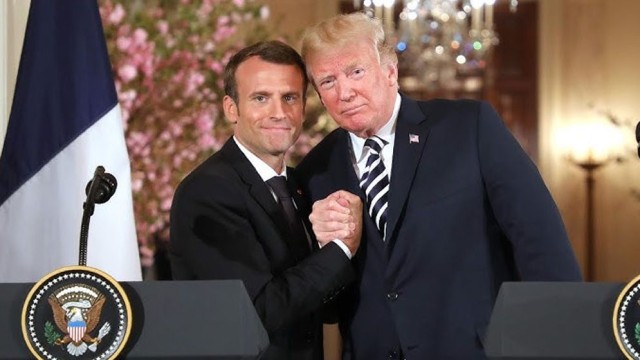
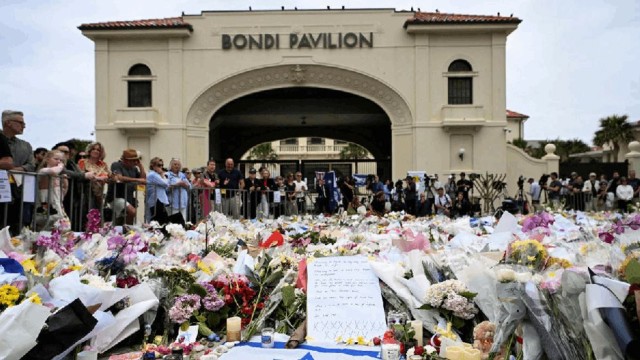
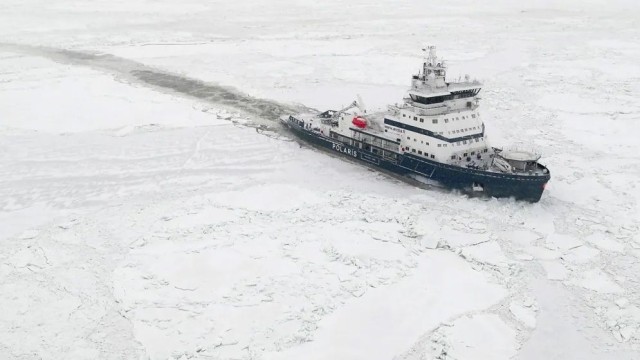
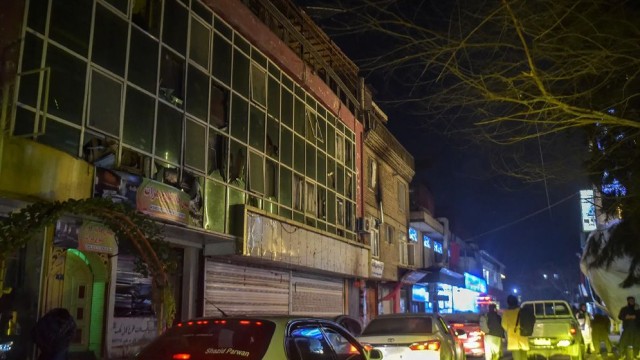
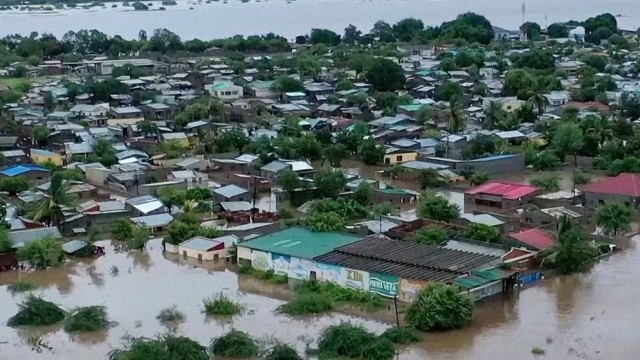
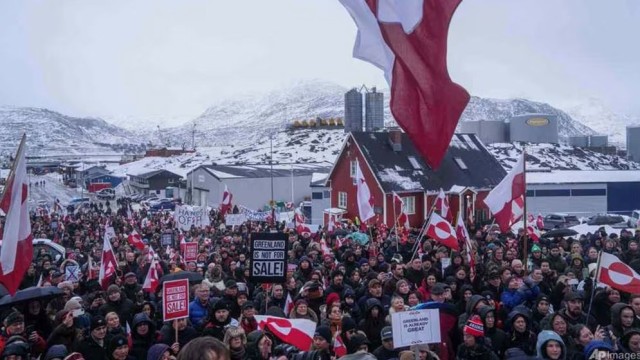



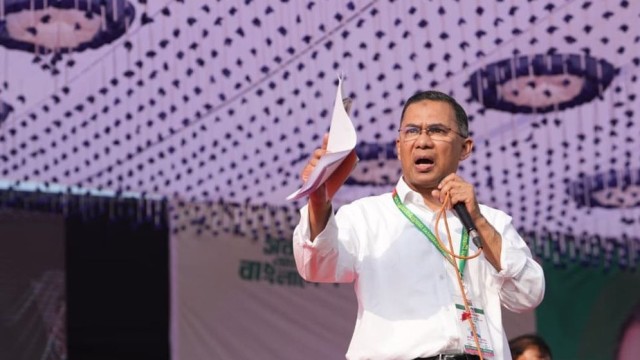

















Comment: